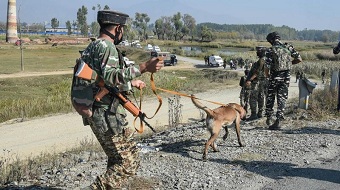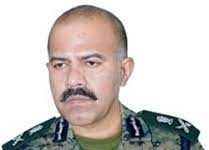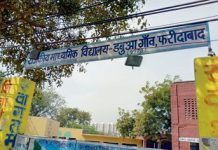The Jammu and Kashmir police has banned the “live” coverage of all encounters between the security forces and separatist militants and of “law and order situations”, but used a somewhat strongly worded phrase to justify its plan to keep reporters and photographers away.“Don’t interfere in the professional and bona fide duty of police and the security forces at encounter sites,” IGP Ajay Kumar told the media.
Responding to that, the Valley’s media fraternity said that reporters or camerapersons do not “interfere” in the work of the security forces but only discharge their professional duty while covering encounters, their aftermath, or law and order situations.
Farooq Javed Khan, President of the Kashmir Photographers’ Association, said: “First of all, we have to verify if the statement attributed to the IGP in identical reports circulated by local news agencies is really his. And if he has used the phrase ‘don’t interfere’, then we would say it is obnoxious and, therefore, unacceptable.” He added: “While covering encounters and law and order situations we strictly follow the rulebook and never exceed our brief. If we are not allowed to discharge our professional responsibility, then what are we there for?”
The Kashmir Press Club and various Valley-based media organisations, in a joint statement, said the IGP’s statement has created anguish among the media. “If this is a part of the official policy of the police, it appears to be a tactic to coerce journalists into not reporting the facts on the ground. It also seems a part of the string of measures by the authorities to suppress freedom of the press in the region. Summoning journalists to police stations, filing FIRs and seeking informal explanations for their work has intensified in the past two years”, the statement said.
The statement also adds: “The media in Kashmir is aware of journalistic guidelines and ethics for situations like encounters, law and order situations, and have always upheld these principles. Covering and reporting law and order situations in the region is one of the basic requirements for most news organisations, and hence an essential part of the professional role of the media. Barring them from covering such events would mean stopping them from delivering their professional duties.”
The security forces’ officials reject this criticism as unwarranted. They also claim that the media’s presence, particularly that of photographers and videographers, further provokes protesters near the encounter sites and leaders to more stone-pelting for the benefit of the cameras. Last week, a video showing a policeman kicking a press photographer near an encounter site in southern Pulwama district also went viral and evoked much criticism of the police.








